As the concern for Africa’s development continues to drive discourse at different fora, gender inequality has been identified as one of the major threats to the continent’s future growth.
This was part of the submissions made by experts in gender issues at the Prime Business Africa Leadership Series show on Thursday, 9th March 2023.
Join our WhatsApp ChannelThe show held via PBA Twitter Space on the theme “IWD: The Gender Question in Africa”, had two guest speakers who are gender activists: Shulamite Ezechi, founder and CEO of ‘ANYiSO’ UK; Queen Ruqayyah Adeboye, Most Gorgeous Girl Nigeria (MGGN).
PBA Publisher, Dr Marcel Mbamalu hosted the Space alongside, Mrs Yetunde Asika, an International Human Rights Lawyer and COO of the African Leadership Council (ALC).
READ ALSO: ‘Prime Business Africa Leadership Series’ Debuts On PB_Africa Twitter Space
Shulamite, a Nigerian social entrepreneur, author and gender activist based in the United Kingdom, said issues about gender inequality which are embedded in culture and socialisation in Africa have continued to stagnate the holistic growth of women in the continent and made many of them unable to develop and actualise their full potentials.
Ezechi compared socio-economic and political systems in Africa and the UK, where she currently resides, and pointed out that because women there are not limited in any way from accessing vital opportunities to build their careers, they make significant contributions to national development.
She advocated that governments in African countries should make policies and laws that promote gender equity and particularly, raise the status of women, and increase their access to economic opportunities, and leadership positions both in public governance and private sector enterprises.
She also stressed the need for governments to create systems and policies that impose stiffer punishments on abusers of women’s rights.
READ ALSO: Role Of Women And Youths In 2023 Elections: A Conversation With Queen Ruqayyat Adeboye
On her part, Queen Ruqayyah Adeboye, a gender advocate and Executive Director of United Voice Advocates, a non-profit organisation that focuses on creating sustainable impacts in communities, said need for conscious efforts to be made in mentoring women in African communities on tips for personal development into successful womanhood that would see them live out their potentials.
Queen Adeboye also harped on the need to engage women, especially the young ones in Science Technology, Mathematics (STEM) and other modern Information Technology skills for personal development.
She also spoke about the need for authorities to make relevant policies that support gender justice.
Mrs Yetunde Asika, who moderated the show, highlighted the need for conscious efforts toward the economic empowerment of women as a way of curbing certain abuses.
Dr Mbamalu, who applauded the guest speakers for their vital submissions, noted that from the look of things, gender inequality continues to pose threat to women’s development in the continent.
While citing McKinsey’s report on gender equality which according to him, revealed that women are responsible for 60 per cent of work done globally but earn little above 10 per cent, Mbamalu concurred with the idea of making laws and policies to increase the representation of women in different sectors.
The veteran journalist urged rights activists to step up efforts in pushing through campaigns and other forms of advocacies, to break the cultural and institutional barriers to the exercise of women’s rights.
He said that men and women need to work together unhindered, noting that a nation that empowers women sets its part to unrivalled greatness.
Speaking on women’s participation in politics, Ezechi said there should be policies and laws that prohibit political parties from charging exorbitant fees for nomination forms to vie for elective offices as a way of encouraging women who have the right leadership qualities to participate and be able to get the chances of contributing their quota to national development.
John Adoyi, a visually impaired PBA Journalism Mentee, observed that gender issues affecting women are also tied to the plights of the disabled in Africa.
While highlighting the fact that only 15 women got elected to be in Nigeria’s 10th National Assembly, Adoyi wondered that if women are not adequately represented in governance in the country, what happens to the disabled?
He cited instances of how Nigeria’s electoral body failed to meet the needs of Persons with Disabilities during the last presidential and national assembly elections and significantly prevented them from exercising their franchise.
Victor Ezeja is a passionate journalist with seven years of experience writing on economy, politics and energy. He holds a Master's degree in Mass Communication.

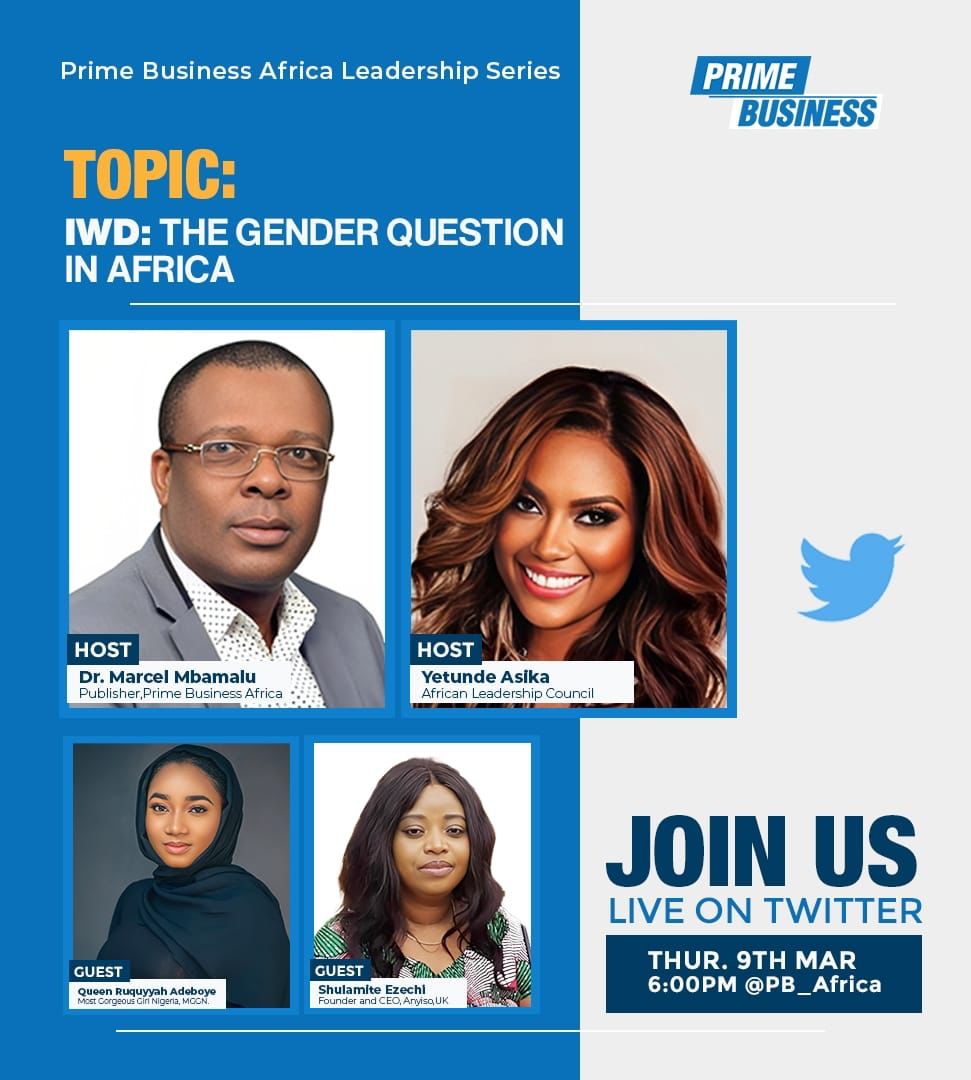




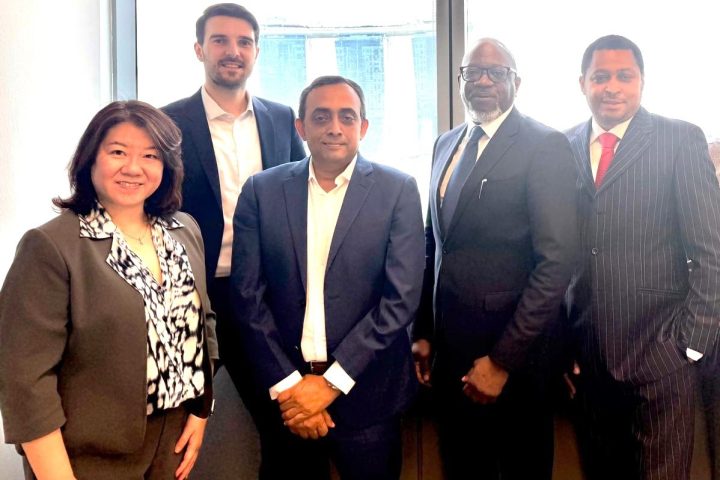
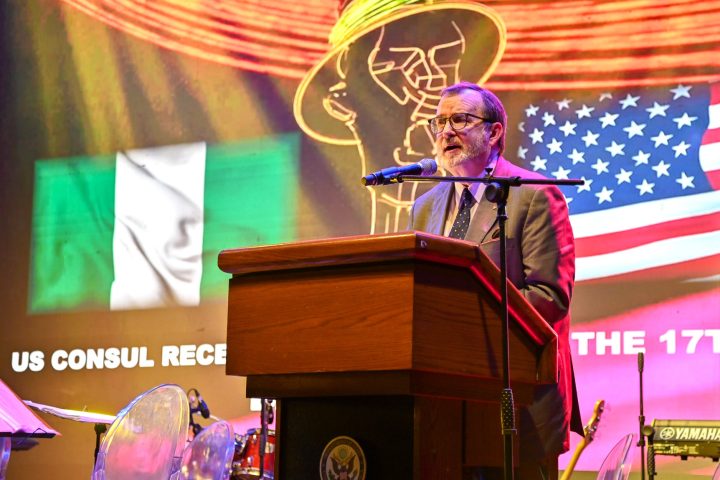








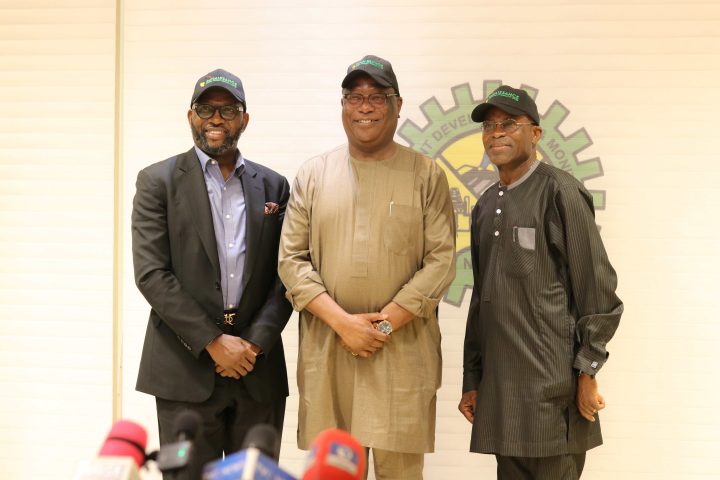
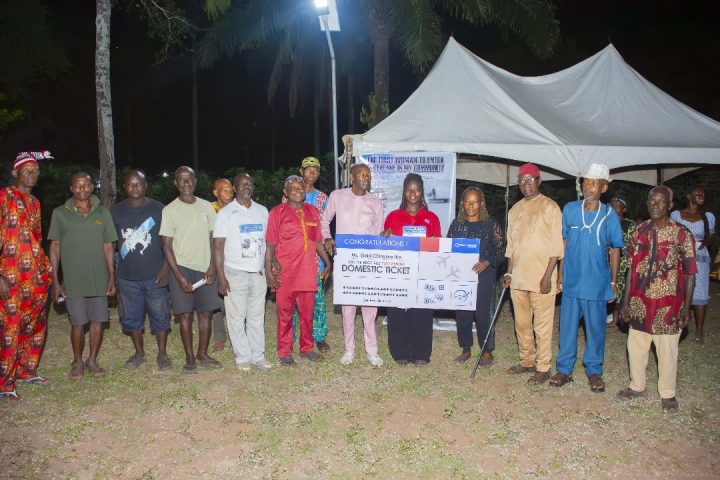
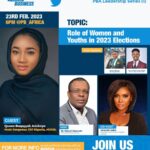
Follow Us